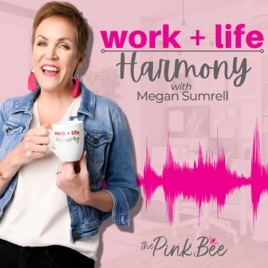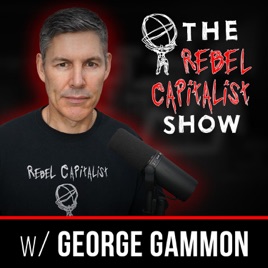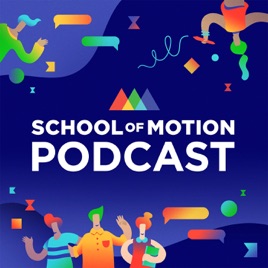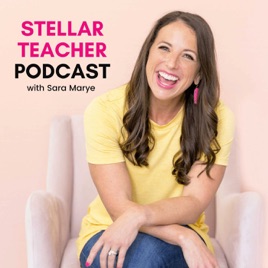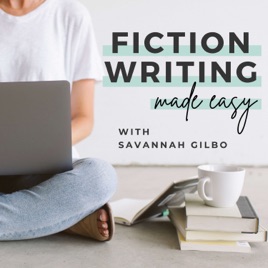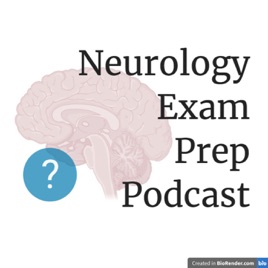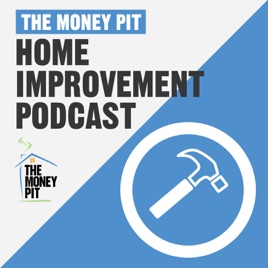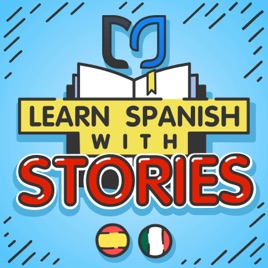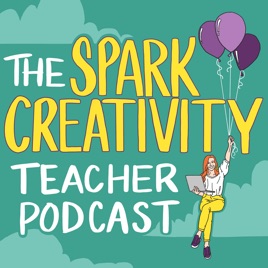
Advertise on podcast: The Spark Creativity Teacher Podcast | ELA
Description
Want to love walking into your ELA classroom each day? Excited about innovative strategies like PBL, escape rooms, hexagonal thinking, sketchnotes, one-pagers, student podcasting, genius hour, and more? Want a thriving choice reading program and a shelf full of compelling diverse texts? You're in the right place! Here you'll find interviews with top authors from the ELA field, workshops with strategies you can use in class immediately, and quick tips to ignite your English teacher creativity. Love teaching poetry? Explore blackout poems, book spine poems, I am from poems, performance poetry, lessons for contemporary poets, and more. Excited to get started with hexagonal thinking? Find out how to build your first deck of hexagons, guide your students through their first discussion, and even expand into hexagonal one-pagers. Into visual learning? Me too! Learn about sketchnotes, one-pagers, and the writing makerspace. Want to get your students podcasting? Get the top technology recs you need to make it happen, and find out what tips a podcaster would give to students starting out. Wish your students would fall for choice reading? Explore top titles and how to fund them, learn to make your library more appealing, and find out how to be a top P.R. agent for books in your classroom. In it for the interviews? Fabulous! Find out about project-based-learning, innovative school design, what really helps kids learn deeply, design thinking, how to choose diverse texts, when to scaffold sketchnotes lessons, building your first writing makerspace, cultivating writer's notebooks, getting started with genius hour, and so much more, from our wonderful guests. Here at The Spark Creativity Teacher Podcast, discover you're not alone as a creative English teacher. You're part of a vast community welcoming students to their next escape room, rolling out contemporary poetry and reading aloud on First Chapter Fridays, engaging kids with social media projects and real-world ELA units. As your host (hi, I'm Betsy), I'm here to help you ENJOY your days at school and feel inspired by all the creative ways to teach both contemporary works and the classics your school may be pushing. I taught ELA at the 9th, 10th, 11th, and 12th grade levels both in the United States and overseas for almost a decade, and I didn't always get support for my creativity. Now I'm here to make sure YOU get the creative support you deserve, and it brings me so much joy. Welcome to The Spark Creativity Teacher Podcast, a podcast for English teachers in search of creative teaching strategies!
Social media
Check The Spark Creativity Teacher Podcast | ELA social media presence
Podcast episodes
Check latest episodes from The Spark Creativity Teacher Podcast | ELA podcast
Podcast reviews
Read The Spark Creativity Teacher Podcast | ELA podcast reviews
Podcast sponsorship advertising
Start advertising on The Spark Creativity Teacher Podcast | ELA & sponsor relevant audience podcasts
You may also like these how to Podcasts

